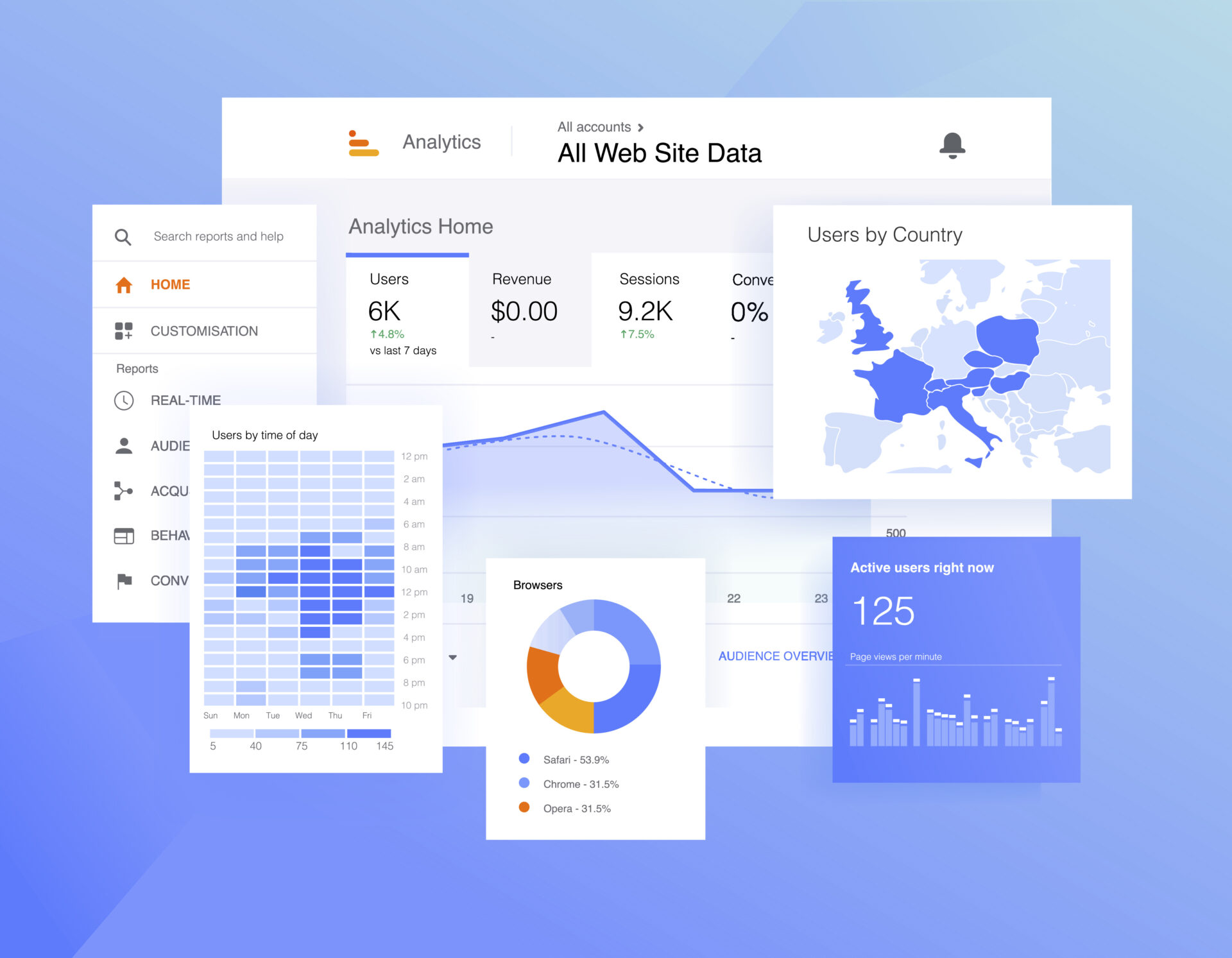

In today’s digital world, your website is more than a digital storefront—it’s often your brand’s first impression, sales pipeline, and customer service desk rolled into one. But how do you know if it’s doing its job? Measuring website performance is the key to understanding what’s working, what’s not, and where there’s room for growth.
If you’re new to website analytics or digital marketing, the idea of diving into metrics might seem overwhelming. But don’t worry—we’re here to break it down for you. In this beginner’s guide, we’ll cover the essential tools, metrics, and strategies you need to start measuring your website’s performance with confidence.
Why Measuring Website Performance Matters
Before we get into the how, let’s talk about the why. Your website is a living, breathing part of your business strategy. Whether your goal is to generate leads, sell products, or share information, your site needs to be fast, easy to navigate, and engaging for your audience.
Without proper performance tracking, you’re essentially flying blind. Measuring your website’s performance allows you to:
Now, let’s dive into how to get started.
Step 1: Define Your Goals
The first step in measuring performance is knowing what success looks like for you. Are you trying to increase contact form submissions? Drive online sales? Grow your blog’s readership?
Common website goals include:
Your goals will determine which metrics you need to prioritize and what tools you should use.
Step 2: Use the Right Tools
There are countless tools available to help monitor your website. Here are a few essentials to get you started:
Google Analytics is the gold standard for tracking website performance. It gives you insights into how users find and interact with your site. You can track page views, user demographics, behavior flows, conversions, and more.
This tool shows how your site performs in Google Search, helping you monitor keyword rankings, click-through rates, indexing issues, and mobile usability.
A free tool from Google that analyzes your site’s load time and provides suggestions for improving speed—a crucial ranking and UX factor.
These tools offer heatmaps, session recordings, and user feedback to show how visitors interact with your pages.
For more advanced tracking, these platforms help you analyze keyword rankings, backlinks, and competitive performance.
Step 3: Monitor Key Metrics
With your tools in place, here are the most important metrics to track:
Traffic
This tells you how many visitors are coming to your site and where they’re coming from.
Bounce Rate & Engagement
Conversions
A conversion is any action you define as valuable, like submitting a form or completing a purchase.
Page Load Speed
Site speed affects both SEO and user experience. Aim for a load time under 3 seconds.
Mobile Performance
With mobile users making up more than half of all web traffic, you need to ensure your site performs just as well on phones and tablets as it does on desktops.
Step 4: Analyze and Interpret the Data
Collecting data is just the beginning. The real value lies in analysis.
Ask questions like:
Use this insight to identify strengths, weaknesses, and opportunities for optimization.
Step 5: Take Action and Optimize
Once you’ve identified problem areas or growth opportunities, it’s time to make improvements. Here are a few examples of actionable insights:
Remember: optimization is ongoing. Continuously monitor results after making changes to measure impact.
Step 6: Set Up Regular Reporting
Measuring performance isn’t a one-and-done task. Set up monthly or quarterly reports to monitor trends and track progress toward your goals.
You can use:
Reporting helps keep stakeholders informed and ensures you stay focused on the metrics that matter most.
Get Started Today with M3 Agency
Your website is one of your most powerful marketing tools, but only if it’s working effectively. By learning how to measure performance, you gain the insights needed to make smarter decisions, optimize user experience, and grow your business online.
At M3 Agency, we specialize in designing high-performing websites and marketing strategies that deliver measurable results. Whether you need a full website audit, ongoing SEO, or digital marketing support, we’re here to help you turn data into growth.
Ready to get started? Let us show you the way. Contact us today to get started.


phone 706.651.0053 | fax 706.651.0535
Accessibility Statement
M3 Agency | M3Agency.com
229 Furys Ferry Road Augusta, GA 30907